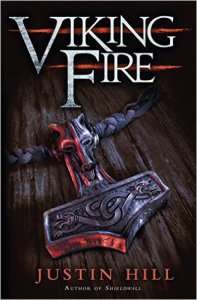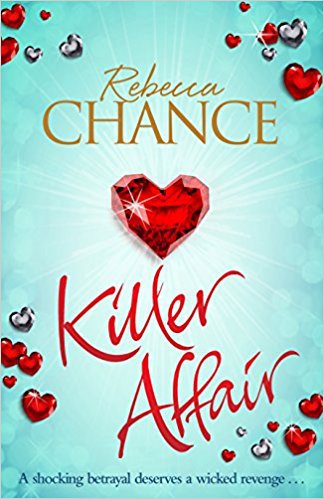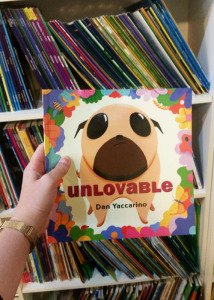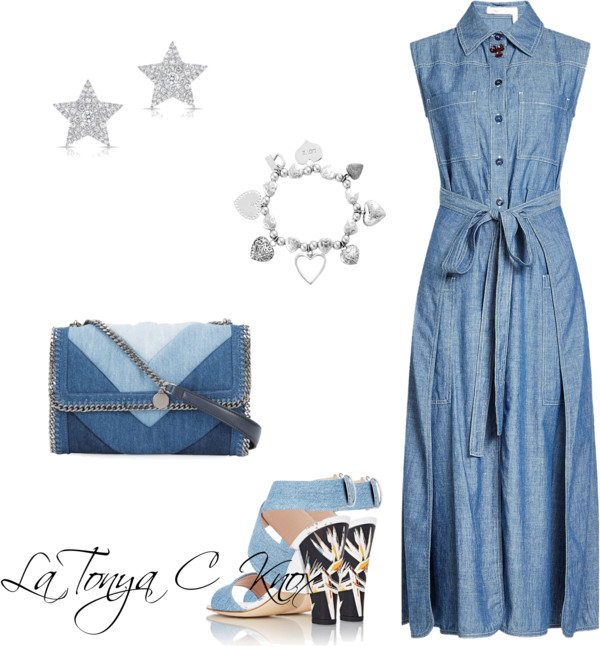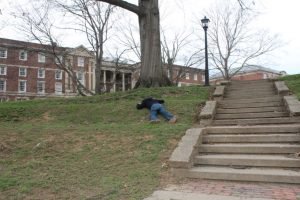written by Kelsey May | July 22, 2017
I recently sat down with Alex Beecroft, an activist, writer, organizer, and all-around lovely person. His attitude and smile are infectious, and if you ever see him in person, he would love to meet you (and cook with you and probably hug you). He helped found the Grand Rapids Autonomous Support System (G.R.A.S.S.) last year and is happy to say that it’s grown into an independently thriving organization.
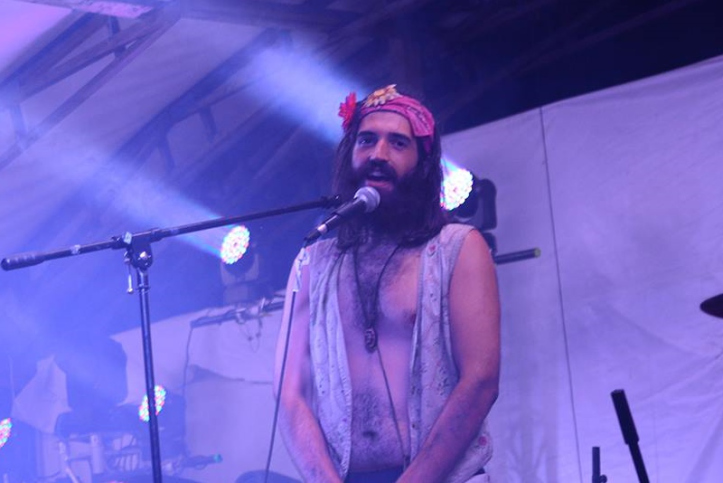 Photo credit: Koviak Design Festivals
Photo credit: Koviak Design Festivals
So Alex, I first became acquainted with you after hearing you perform poems at open mics around town, gosh, two years ago maybe? And then I saw you regularly working at the Fulton Street Farmer’s Market and eventually coordinating G.R.A.S.S. events. What are you up to these days?
I’m putting a lot of my creative energy into spaces, in the hope of making places [where] people feel safe to be vulnerable. That opens up the fertile grounds for healing.
Where did you learn the importance of community?
I’m from West Virginia [originally]. Lots of family members moved [to Grand Rapids] over the course of thirteen years. My grandparents came here just three years ago. I was the single child of a single mom, so we forged a really tight bond growing up. We had memorable dinner conversations growing up, [talking about] philosophy, politics, what is right or isn’t right.
I attended Catholic school [in West Virginia], and I was one of only six boys in my class. Honestly, I didn’t get shoved into the walls [at school] here. I would not be who I am if I hadn’t moved here.
Tell me more about G.R.A.S.S.
G.R.A.S.S. came to be out of the idea that our society is going through very tumultuous times, and we need to go through significant changes in order to survive as a species. Too many people follow the idea that it’s each man for himself. We need community to build human bonds and build trust in the understanding that working for someone else’s well-being is working for your own well-being.
When there’s that communal trust, we can localize our resources and food production. Lack of reliance on the greater systems makes the larger systems irrelevant.
And that’s when change can happen, structurally speaking.
Right. We reach a consensus for all our group actions. It sounds radical, but we should return to city-state governments because people will be more empowered and have more say locally. In starting G.R.A.S.S., equal empowerment is really vital. G.R.A.S.S. exists for sincere human bonding. Right now, it’s focused on connections and inspiration, on everyone’s ability to create and manifest into being what they hold in their heart. We’ve found a lot of resonance in art events, like the Spectacle.
We pushed it to the next phase with the Sweetgrass Sage + Burn Transformational Festival. We introduced a workshop and communal education aspect over the two days so [attendees] could understand what’s going on in the world around all of us more deeply.
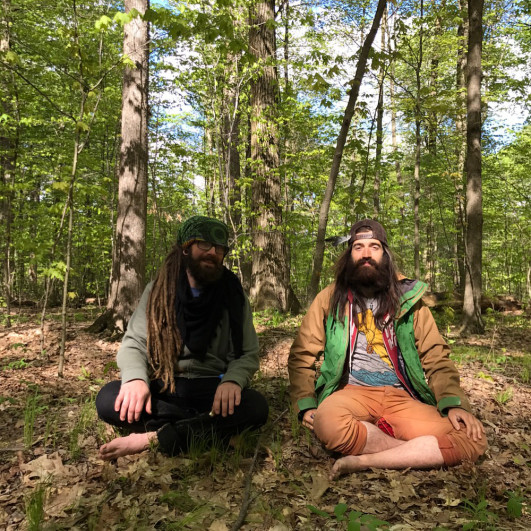 Photo credit: Samantha Breen
Photo credit: Samantha Breen
Can I ask you about your poetry?
Sure!
Tell me about your writing process. Your poems focus almost exclusively on positive experiences, people, and self-reflection.
So that focus came about early on. I was less than a year into my experience as a spoken word poet; while writing my Mahatma Gandhi piece, my mom stopped me and asked, “Why should I listen?” I understood on a deep level that there’s the poetry and the art that we [create] for ourselves and [there’s] the content we share with the world, [which] needs to have substance to it.
Poetry has this ability to present ideas to anyone who is actively listening to it. I like to use poetry to talk to people about the world around us. I [also] like to engage people emotionally, mentally, and spiritually.
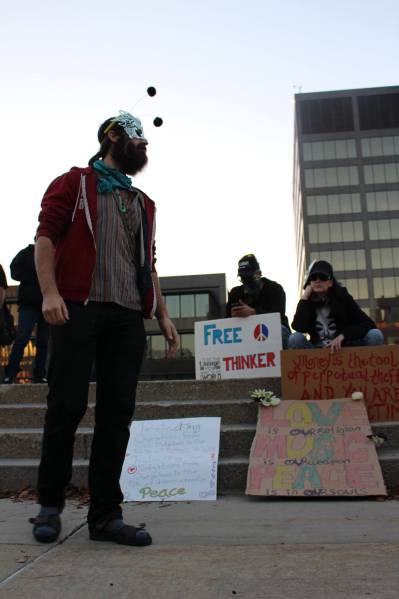 Photo credit: Phoenix Photography
Photo credit: Phoenix Photography
When did you start writing?
On the forum of Neopets. Someone would start [a message thread] with a theme, anything from day in the life to having elemental powers. I really remember one [that had] a Hogwarts-style theme. That was the first time I got into using the written word and feeling creatively powerful.
How has spoken word impacted you?
I first heard spoken word at Dr. Grin’s I think in fall 2013. I sat down [with friends], and the whole night, I was really into the content. That was the first time I [enjoyed] a whole night dedicated to poetry.
Encountering poetry and art forms where people express their experiences [has] really helped me understand others. In our community of artists, people use poetry to talk about race and their lives. It’s helped me hold an openness for what people put forward.
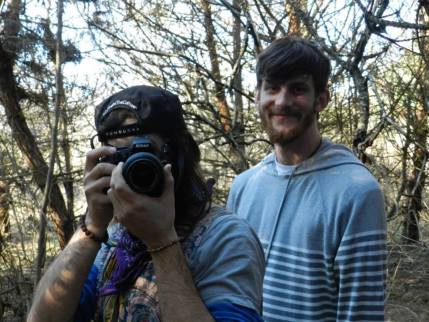 Photo credit: Scott Love
Photo credit: Scott Love
G.R.A.S.S. is open to anyone of any age, background, belief system (or lack thereof), or color. To find out more or check out their upcoming events, visit their Facebook page.
Conversation edited for clarity, organization, and grammar.
Featured image photo credit: Joshua Zittel
